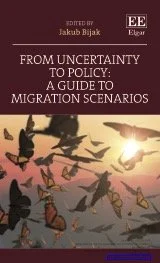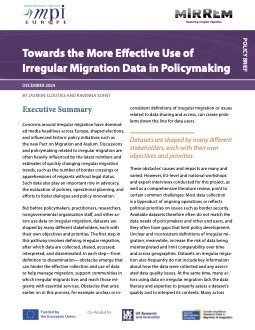By Amnesty International
This briefing presents Amnesty International’s findings and observations from a week-long research trip to Tijuana, Mexico, in February 2025, whose purpose was to document the human rights impacts of changes to US migration and asylum policies since President Trump took office on 20 January 2025.1 In particular, it focuses on the end of applying for asylum at the US-Mexico border and the situation of asylum seekers in Mexico. This briefing does not provide detailed information about mass immigration arrests and detentions in the United States, nor an analysis of the discriminatory impacts of these measures. The cumulative effects and harms of the Trump administration’s punitive and discriminatory immigration and asylum measures are the subject of Amnesty International’s ongoing monitoring and analysis of the situation in the United States. During the trip to Tijuana, Amnesty International interviewed people seeking safety, met with legal, humanitarian and social service providers, local and international organizations, and visited shelters and spaces where migrants and asylum seekers are staying. The organization spoke with two Mexican men who had recently been deported from the United States to Mexico, as well as with 35 people seeking safety (almost half of whom were women) from Belarus, Colombia, Cuba, Ecuador, Haiti, Honduras, Mexico, Russia and Venezuela. Amnesty International interviewed local and international organizations operating in Tijuana including Al Otro Lado (AOL), Asylum Access México and Haitian Bridge Alliance. The organization also visited and spoke with those running migrant shelters, including Borderline Crisis Center, Casa de los Migrantes, Casa de los Pobres, El Rubi, Jardin de las Mariposas and Villa Haitiana. The interviews with Spanish-language speakers were conducted in Spanish, while interviews with non-Spanish speakers were conducted in English with interpretation assistance from staff of local organizations and other people seeking safety. Amnesty International requested meetings with the San Diego offices of Customs and Border Protection (CBP) and Immigration and Customs Enforcement (ICE). ICE declined the meeting request and CBP did not respond. The organization’s request to visit the Otay Mesa Detention Center in San Diego was denied. Various individuals and organizations spoke to Amnesty International on the condition of anonymity. Their names have not been included in this report.
London: Amnesty International, 2025. 24p.





















